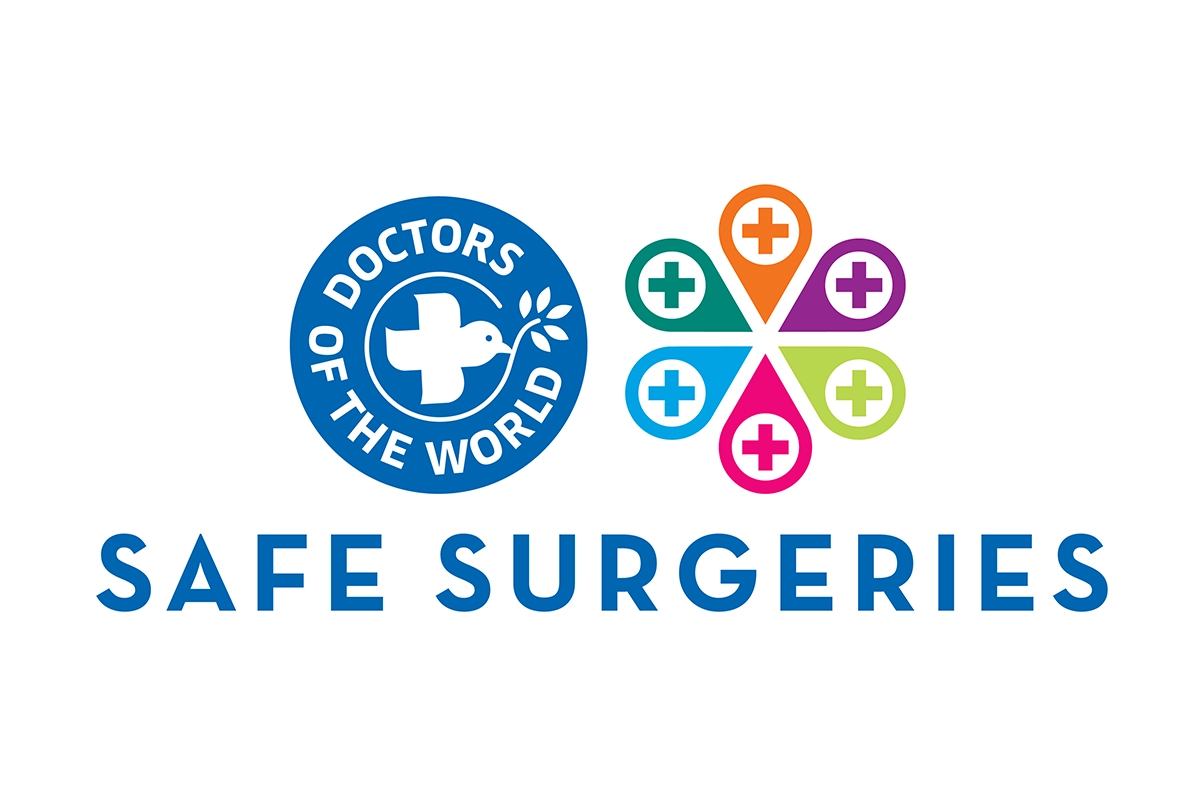We use cookies to help provide you with the best possible online experience.
By using this site, you agree that we may store and access cookies on your device. Cookie policy.
Cookie settings.
Functional Cookies
Functional Cookies are enabled by default at all times so that we can save your preferences for cookie settings and ensure site works and delivers best experience.
3rd Party Cookies
This website uses Google Analytics to collect anonymous information such as the number of visitors to the site, and the most popular pages.
Keeping this cookie enabled helps us to improve our website.
Call Recording Policy
All calls (Inbound and Outbound) at Clifton Rise Family Practice are recorded for training and monitoring purposes.
Introduction
This policy outlines Clifton Rise Family Practice (CRFP) call recording process. The purpose of call recording is to provide a record of incoming and outgoing calls which can:
- Identify practice staff training needs
- Protect practice staff from nuisance or abusive calls
- Establish facts relating to incoming/outgoing calls made (e.g. complaints/disciplinary issues)
- Identify any issues in practice processes with a view to improving them
Purpose
The purpose of this policy is to ensure that call recording is managed in line with General Data Protection Regulations (GDPR) & Data Retention requirements. This will generally involve the recording of telephone conversations which is subject to the Telecommunications Act 1984.
CRFP will make every reasonable effort to advise callers that their call may be recorded and for what purpose the recording may be used. This will normally be via a pre-recorded message within the telephone system. The voice file will be stored within the telephone system to which the same rules of confidentiality will apply.
Where a patient requests to listen to a recording then this should be allowed within the general provisional of data subject access (SAR) under General Data Protection Regulations.
Scope
This policy applies to all practice staff including any contracted or temporary workers. All calls via the telephone systems used in the practice will be recorded, including:
- All external incoming calls
- All external outgoing calls made by practice staff
- All internal incoming and outgoing calls made by the practice staff
- Call transfers
Recording will automatically stop when the practice staff member terminates the call.
Callers will be advised that all calls both incoming and outgoing are recorded for quality/training purposes - this will be in the form of an automated voice message when patients call 020 3830 8110 or another other number that is linked to our practice, such as the by-pass line, or vulnerable lines for adult and children and direct-lines to staff.
Note
Outbound calls to a patient, these will be automatically recorded, but we do not need to notify the patient that the call will be recorded, as this message is mentioned on the pre-recorded message when a patient calls the practice, as well in the policy on our website which is viewable to the public.
Playback / Monitoring of Recorded Calls
Monitoring of the call recordings will be undertaken by allocated Supervisors on the phone software. Any playback of recordings will take place in a private setting.
All recordings will be stored securely for 3 months and access to these should be controlled and managed by the Practice Manager. Access to the recordings will be by request to the Practice Manager
Subject Access Requests (SAR)
Subject Access Requests can be made in writing by a patient to have access to their telephone calls with CRFP, if available, it should be noted that recordings are only kept for 3 months. Recordings can be downloaded as a MP3 format only.
Confidentiality
The General Data Protection Regulations allows access to information that is held about them and their personal data. This includes recorded telephone calls. Recordings should be stored in such a way that will enable easy access to the information relating to one or more individuals.
Requests for copies of telephone conversations can be made under the GDPR as a “Subject Access Request (SAR)”. This must be done in writing and after assessing whether the information can be released, the requestor can be invited to the practice premises to hear the recording.
If there is a request from an external body relating to the detection or prevention of a crime (e.g. police), then requests for information should be directed to the Practice Manager responsible for GDPR to carry out the request for the recording.


